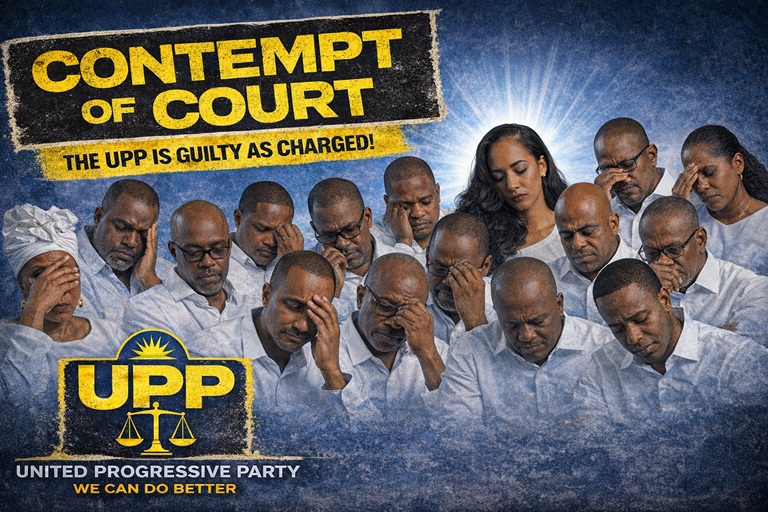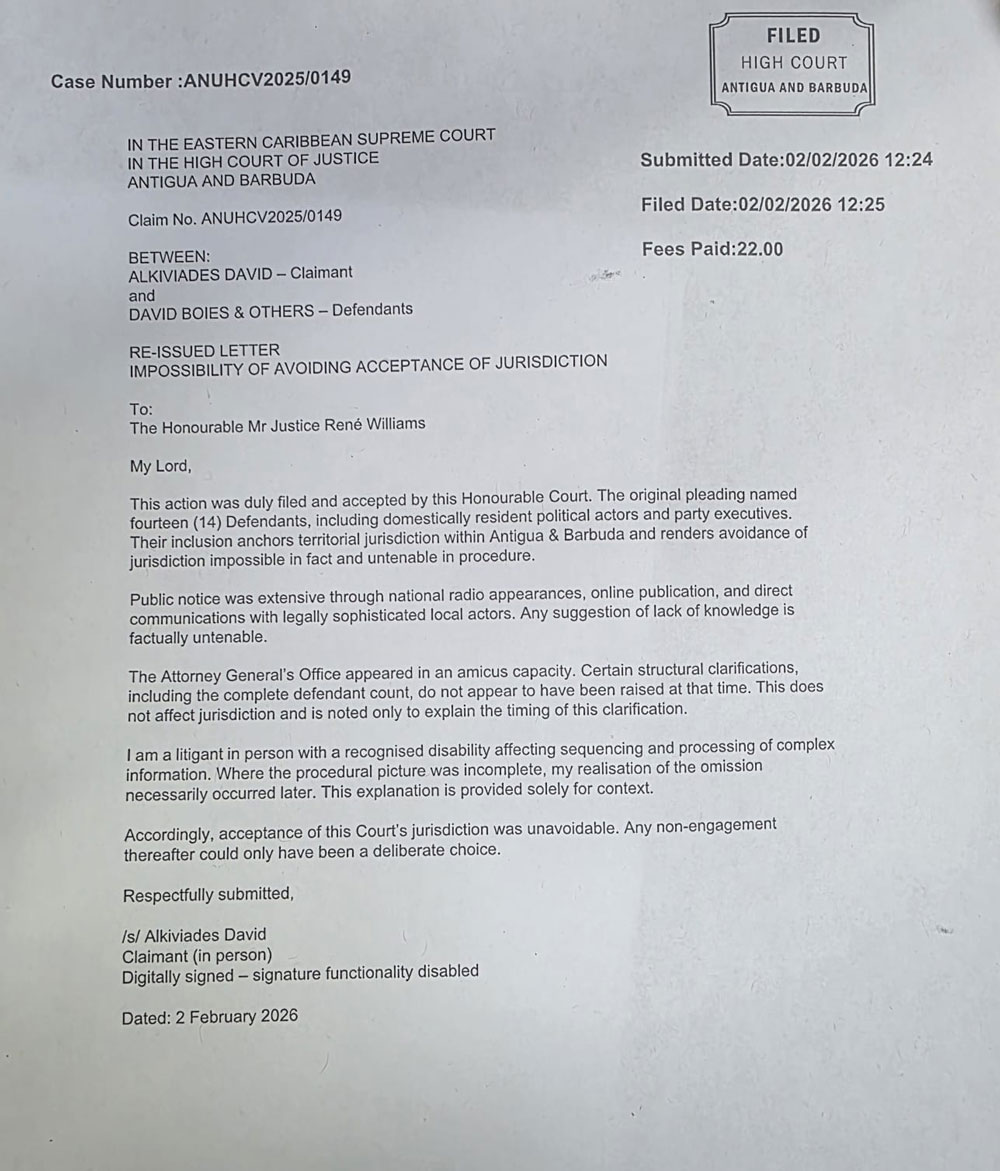LOS ANGELES (RTWNews) — Sean Feucht's rise as a conservative Christian worship leader took off in 2020, coinciding with his vocal opposition to public health restrictions related to the coronavirus pandemic. Hosting crowded protest concerts that flouted social distancing rules, Feucht became a high-profile figure opposing restrictions on religious practices, attracting support from political figures including President Donald Trump and conservative commentators.
However, alongside this newfound fame, Feucht's ministry reported a staggering increase in revenue, climbing from $243,000 in 2019 to $5 million in 2020. This massive financial growth has led to allegations from former ministry staff and volunteers of mismanagement, ethical concerns regarding their expenditures, and the overworking of personnel without fair compensation.
Three former associates of Feucht's organizations, including Burn 24-7 and Let Us Worship, have detailed experiences of perceived financial mishaps, claims of verbal mistreatment, and the pressuring of volunteers to cover costs associated with his travel and events. Christy Gafford, a former leader in the ministry, reported being terminated after questioning financial decisions and advocating for accountability.
“I received only vague explanations,” Gafford expressed, emphasizing the expectation within the Christian community to trust faith leaders. After her dismissal, she pondered the morality of spending millions on properties rather than investing more in local ministry initiatives.
Despite attempts to reach Feucht for his side of the story, responses have been scarce. He took to social media, labeling the accusations as the words of disgruntled former volunteers, asserting that every donation is accounted for and has advanced his ministry's goals.
Feucht noted that his ministry has expended resources on efforts across all 50 states, rented tour buses, and sound equipment, as well as acquiring nearly $7 million in real estate, including several residential properties and ministry sites across the U.S. Critics question the necessity and practical use of such extensive real estate within a religious organization.
Ministry watchdog groups have spotlighted these developments, with organizations like MinistryWatch decrying Feucht's lack of financial transparency. They assigned his ministry an F grade, suggesting that donors should pause their contributions pending further evaluation of its financial practices and ethical standing.
Among the concerns raised is the obscure distinction between personal and ministry expenses, which some former employees witnessed during their tenure. Tensions over management style, high-stakes fundraising tactics, and demands on volunteers’ time and finances have left former supporters disillusioned.
Despite these controversies, Feucht continues to maintain a significant presence in the Christian music scene, performing regularly and drawing large crowds. Analysts point out that his blending of faith with political action appeals strongly to a segment of American Christians, allowing him to solidify a unique platform among contemporary worship leaders.
Former associates, while attracted to Feucht’s message initially, have voiced concerns regarding the detrimental effects of his leadership on ministry workers, emphasizing a cycle of burnout and personal sacrifice that they view as unsustainable.




















